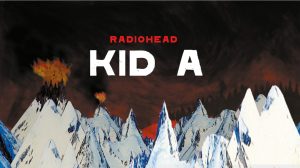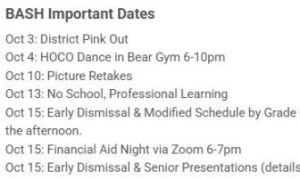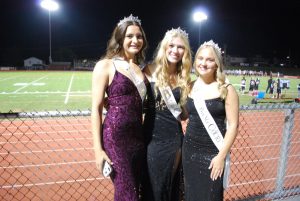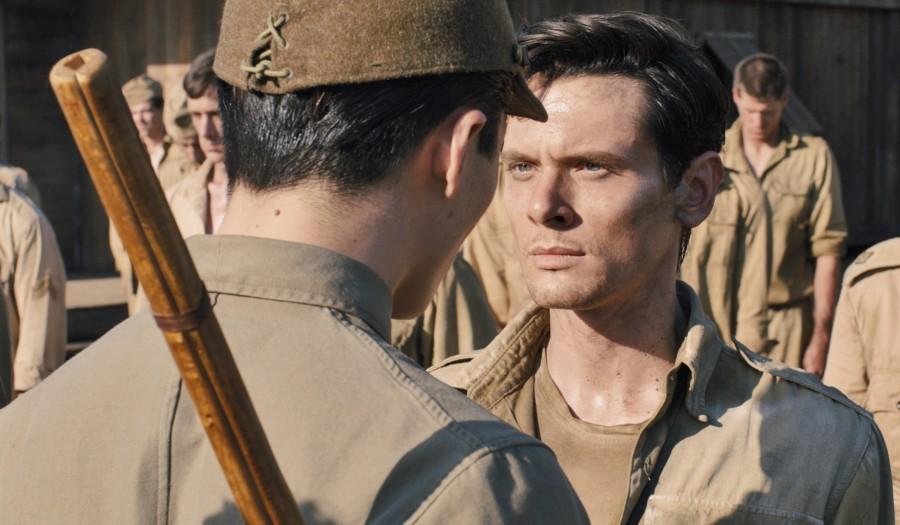Unbroken Unsatisfying
The story of Louie Zamperini is undoubtedly an amazing one. After finding success as a short distance runner, he eventually competed in the 1936 Berlin Olympics with Jesse Owens and Hitler. But that’s not what makes his story special. After the Olympics, he gets drafted in World War II. And in the war, his plane crashes over the Pacific Ocean, leaving him and his friend, Phil Phillips, trapped at sea for 47 days. They’re captured by the Japanese (what luck), and Louie gets to spend the next two years in a POW camp, where he is mercilessly beaten and punished by the Japanese corporal Mutsuhiro “The Bird” Watanabe.
All of this was written about in his memoir “Unbroken” — and on paper it sounds perfect for the true-story, Oscar-bait movies that come out every year during award season. So, inevitably, it found its way to the big screen, and through Angelina Jolie as director, of all people.
I don’t know exactly how Jolie got her hands on this project, but whenever she did, she must have fallen in love with Zamperini quick. And believe me, every second of Unbroken shows this. Which isn’t necessarily a bad thing. He’s a really cool guy with an amazing story, so it is kinda hard not to act impressed and honored when dealing with the adaptation of his life story. But there’s a difference between admiring someone and downright glorifying everything they did. And Unbroken crosses that line by a mile. Unlike Lincoln, another movie that clearly admired its titular character but knew when to step back and show that he wasn’t a perfect person, and that he made mistakes and errors, and was above all was a normal man.
Unbroken is more like The Passion of the Christ set in World War II. Never during its 137 minute run time do we ever get the impression that the unfortunate situation on Louie is difficult for him to overcome. Bird gets mad at Louie; Bird beats or has someone beat Louie; Louie winces in pain but heals; repeat. This goes on for a majority of its run time. Which not only distances you from the character, but it also waters down the impact of each scene. Maybe the wood-lifting scene would’ve been more effective if I hadn’t seen him walk with a sprained and bruised ankle the scene before. And maybe that would’ve been more powerful if I didn’t see him get punched in the face by every prisoner before that. And maybe that would’ve been more powerful if I hadn’t seen him get beaten for looking at the Bird before that. You get the idea.
Maybe I would have been able to forgive all that if it wasn’t for one final thing. In real life, Louie makes it home where he suffers from nightmares and PTSD, which lead him to a life of heavy drinking. In an effort to help him, his wife and a few friends convince him to attend a revival. There, he converted to Christianity and began to forgive his captors for what they did to him, putting his nightmares and drinking to an end. That’s incredible, and one of the main reasons his story is so inspiring.
Yet oddly, this aspect about his life is almost completely left out of the film. Instead, we’re giving a scene of him returning to the U.S. and a few slides saying he converted to Christianity and forgave his captors. Why does it end like this? I’ll tell you; because in order to fit this into the movie would have meant two things. One, a few of the endless scenes of him getting tortured would have had to have been removed (how else are we supposed to know he suffered?). Two, and more importantly, this would have meant for once Jolie would’ve had to take that step back and admit that he’s only human and prone to mistakes and faults, and that’s something she just couldn’t do. She loves Louie too much that to make him any less Jesus-like would’ve been a tragedy in her eyes.
Which is a shame, because it not only wastes a good story (written by Oscar winners Joel and Ethan Coen, and Oscar nominees Richard LaGravenese and William Nicholson), but also the typically beautiful cinematography of Roger Deakins .
So this is what we get — an overly glorified movie made by someone who cannot step back for one second and portray their character as anything less than a God.
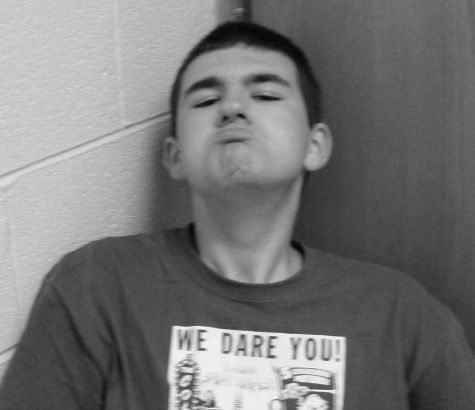
James Mason is a writer for Temple University. When not writing for the newspaper, he can be found at home reading badly, writing badly, viewing bad...


